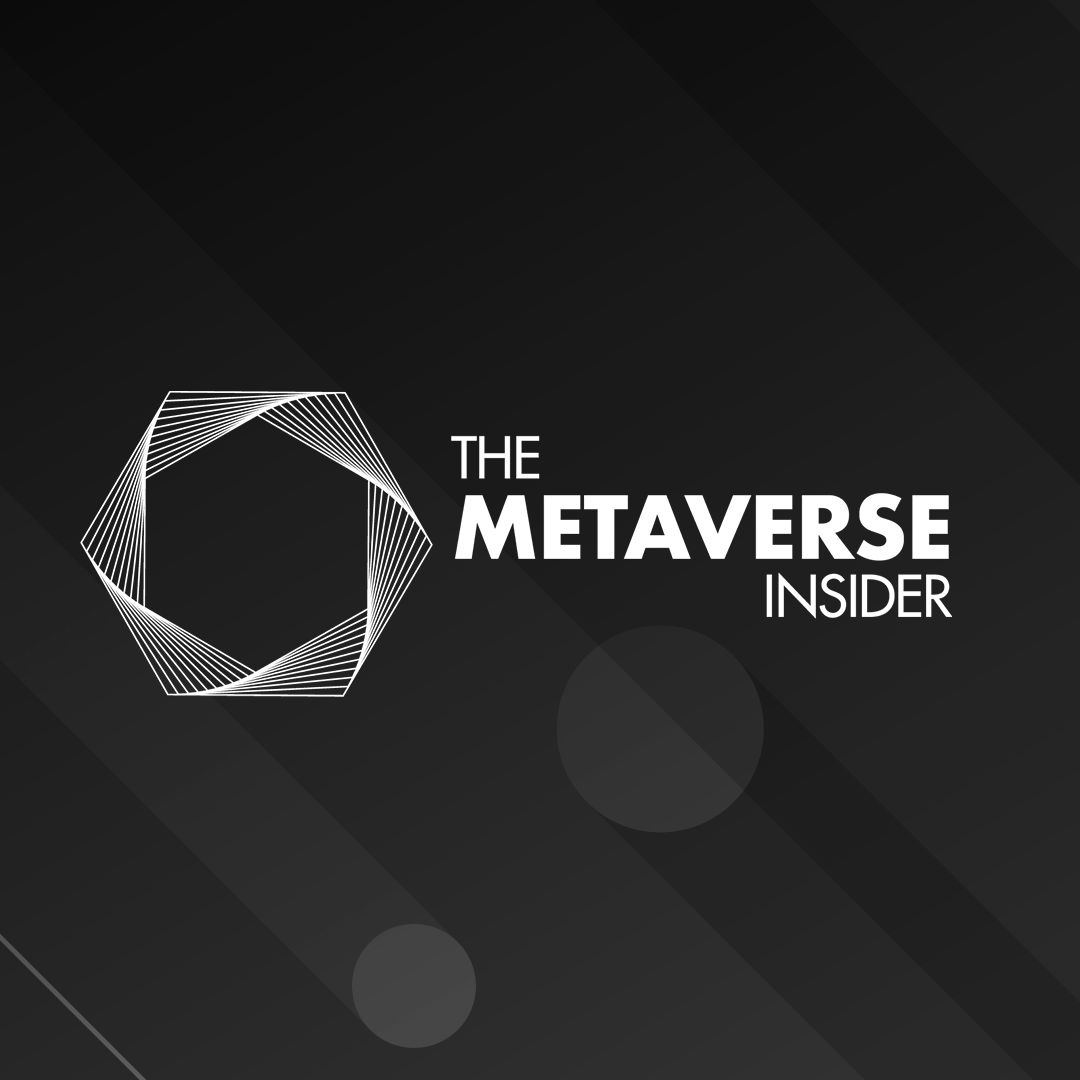121 reads
Is DAO the Key to Democratizing the Metaverse?
by
February 17th, 2022
Audio Presented by

The Metaverse Insider is the leading provider of news and information on the metaverse industry.
About Author
The Metaverse Insider is the leading provider of news and information on the metaverse industry.
